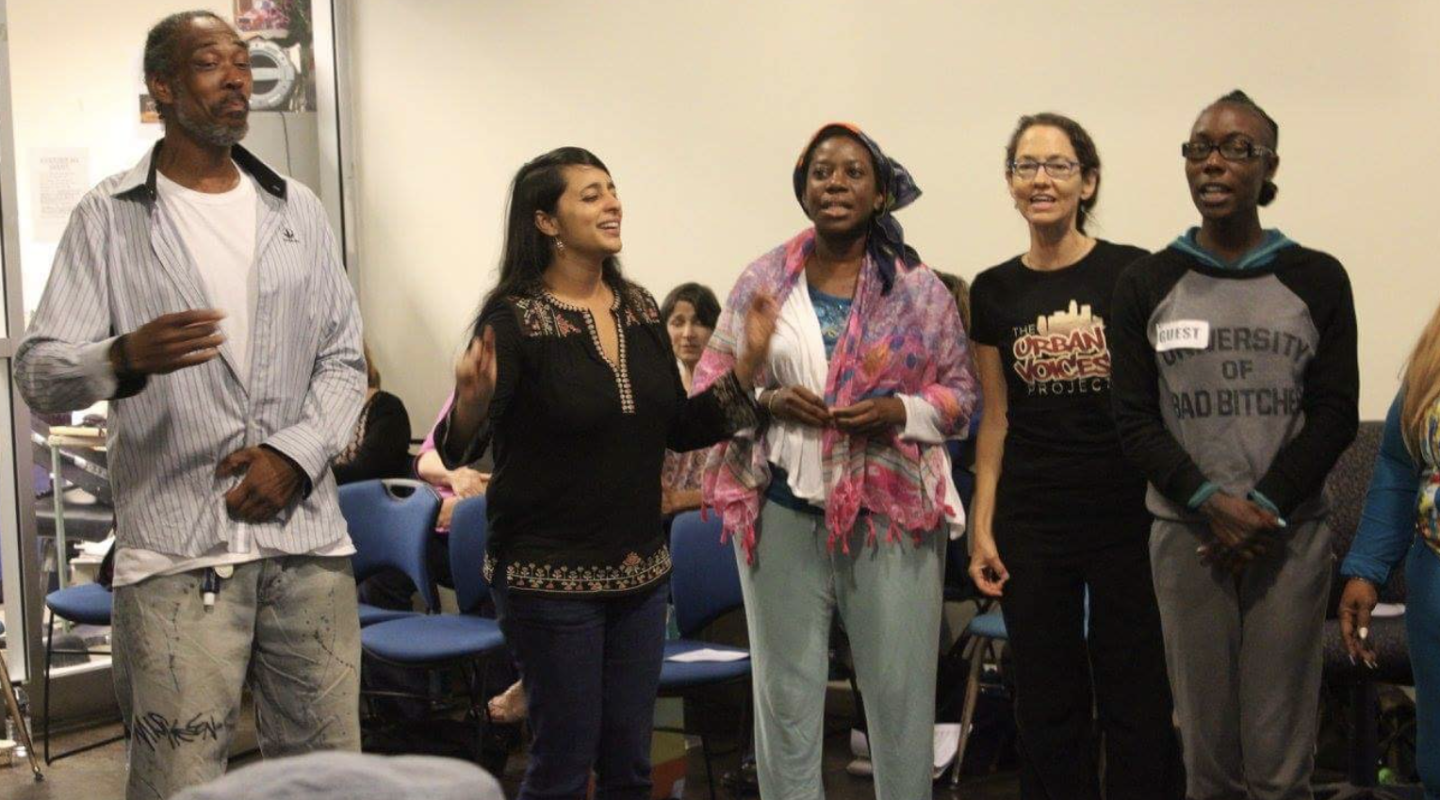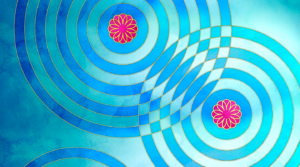Connecting Hearts – The Joy of Making Music Together
Posted March 23, 2022
In preparation for Made Fragile, Tom Morgan caught up with our viola soloist, Matt Dane, for a quick chat about his connection with Reena Esmail and what her music means to him personally.
TOM I understand that you’ve had quite a connection to this gifted young composer. Can you tell us about how you met her, and what pieces you’ve played/commissioned?
MATT I first got to know Reena Esmail. through the River Oaks Chamber Orchestra, the group I play with in Houston. In September 2013, she was commissioned by ROCO for a string orchestra version of her piece Teen Murti. It was stylistically different from anything I’d played before and included some short viola solos I could sink into. From that experience I decided to ask Reena if she would write me a solo work for my other instrument, the viola d’amore. She agreed! The piece, Nishani, was finished the following summer and I have performed it more than any other solo piece, including two recordings for CPR: in the performance studio and for a podcast about the creation of the work. You can listen to the podcast here: Matt Dane on CPR




